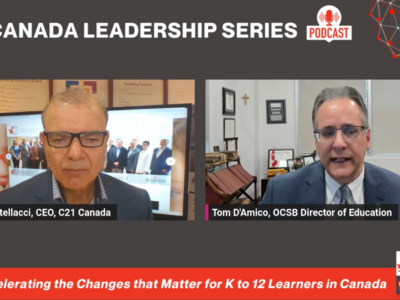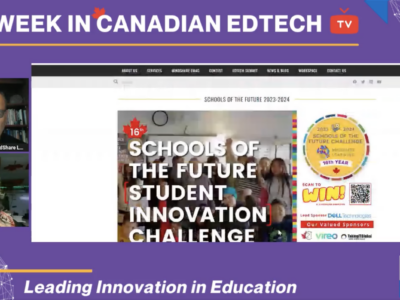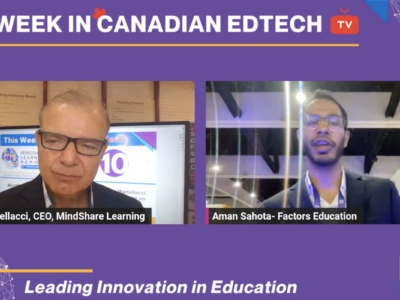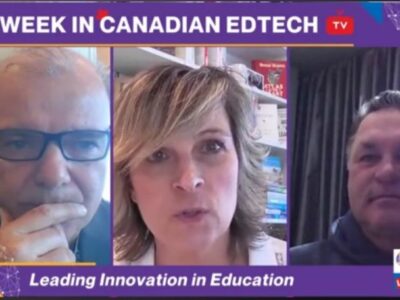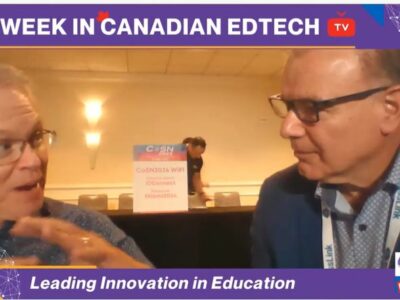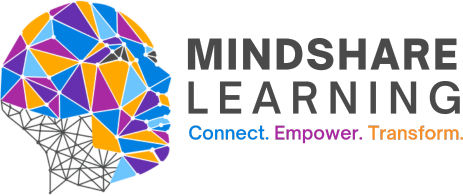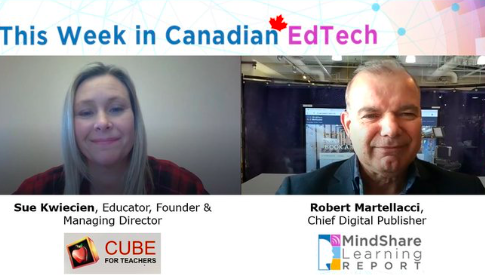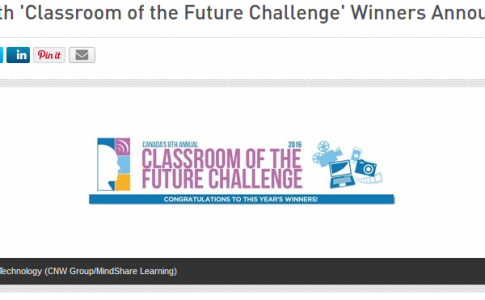Makerspaces are popping up everywhere….in schools, libraries, the local community and in conversations. For the most part, we know what a makerspace is…a place where people come to make “stuff” and to be creative, but it has to be more than that.
At the Mindshare Learning Summit 2016 in Toronto last month, Frank Coster from Follett Educational Products facilitated a roundtable discussion on makerspaces. Frank posed the question: What is a makerspace? Although participants in this discussion brought diverse educational perspectives to the table, all agreed that a makerspace is a place where people come to creatively solve problems by making something. This need to solve a problem distinguishes maker projects from tinkering or arts and crafts. Accessibility is also key. Makerspaces should be accessible to all regardless of ability or technological savvy. A maker project can be high tech or low tech. Whether a maker project is produced using Arduino boards or a recycled cardboard box doesn’t matter. All agreed that the focus should be on the process. That’s where the learning happens.
Educator Brian Aspinal supports this understanding of makerspace. In a recent blog post, Brian argues that, “Maker is more about culture, and less about space and stuff.” In his post Brian acknowledges that there are different beliefs about the maker experience, but at its core makerspace is grounded in constructivism, learning by doing, taking risks and trial and error.
It is exciting that the MOE has committed to building the capacity of educators by supporting the development of “maker pedagogies.” For example, Ministry of Education (MoE)/Council of Ontario Directors of Education (CODE) has funded a research project that focuses on how educators can use makerspace pedagogies to promote inquiry, innovation, design thinking, critical thinking, problem solving and collaboration. This project consists of thirty-three teachers from 11 school districts across Ontario. In late October, teachers, administrators and Ministry of Education representatives from across Ontario visited the Makerlab at UOIT with the goal to learn about maker activities and how they might be incorporated into their learning environments. . According to Dr. Janette Hughes, “This research investigates the impact of “makerspace” pedagogies that facilitate the discovery, design and development (3Ds) of digital and tangible products for teachers, their students and the school community.”
Educators can also learn about makerspaces on TeachOntario. TeachOntario offered a Makerspace course in 2016. Facilitated by teacher-librarian Melanie Mulcaster, these sessions are currently still available in TeachOntario’s Explore under the Self Directed Learning tile. Each course module introduces fundamental skills and strategies for those educators who want to provide students with maker experiences, but don’t know where to start. Educators can learn about coding, squishy circuits, or robotics any time and learn at their own pace. Come join the Maker Community on TeachOntario!
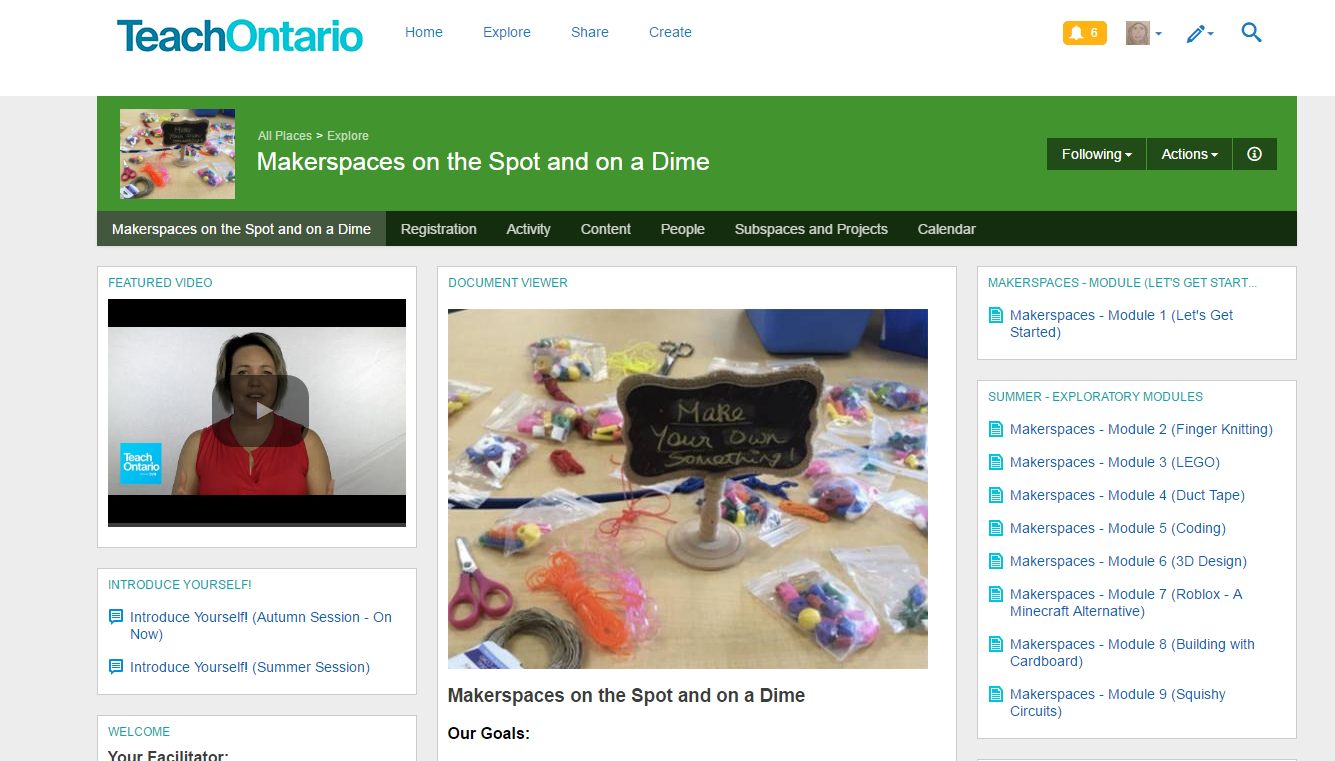
mPower, TVO’s newest digital math resource, offers maker opportunities for students in grades 3-6. In the mPower 3-6 game, students are invited to apply the STEM design skills practiced in the game world to a real world project. For example, grade three students are invited to design and build a device that will help a plant grow such as an irrigation system. Students are then able to share a photograph of their maker projects in a Community Gallery. In the Community Gallery, students have an opportunity to reflect on their process and provide feedback to peers. For more information on the mPower 3-6 pilot, contact mPower@tvo.org.
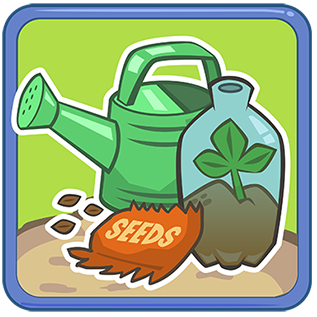
Maker projects are definitely one way to bring Ontario’s Ministry of Education’s (MOE) draft document, Towards Defining 21st Century Competencies for Ontario (Winter, 2015) to life. Maker projects are great way for everyone to develop the global competencies required to be successful in today’s ever-changing world. Whether it is sewing, building with Lego, or wood-working, unstructured time working on projects will foster creativity, innovation, problem solving, patience, and resilience.
We should all spend a little time on a maker project over the holidays. Who knows, the experience may reignite a passion or you may discover a new one. There is nothing more contagious than passion and the holiday season is the perfect time to share our passions with others!
On behalf of TVO we send best wishes for a happy holiday season and happy New Year 2017!
Tina Ginglo is an educator currently on secondment as an Instructional Liaison at TVO in Educational Partnerships/Digital Learning.
